Understanding Solar Panel Efficiency: What You Need to Know
The quantity of sunlight that a solar panel can transform into useful energy is referred to as its efficiency. It is an essential consideration when selecting a solar panel system because it has a direct impact on the quantity of energy that can be generated. With a better efficiency grade, more energy can be generated from the same quantity of sunshine, resulting in reduced expenses and a smaller environmental impact.
However, there are some misunderstandings about the effectiveness of solar panels. Some people think that a greater efficiency rating immediately translates to a better solar panel system; however, this is not always the case. When selecting a solar panel system, other considerations such as expense, durability, and warranty should be examined.
Table of Contents
Understanding Solar Panel Efficiency
The quantity of energy that a solar panel can transform into useable power is referred to as its efficiency. It is an essential consideration when selecting a solar panel for your home or company. In this piece, we’ll look at what solar panel efficiency is, how it’s determined, and how ancient and new solar panel models vary.
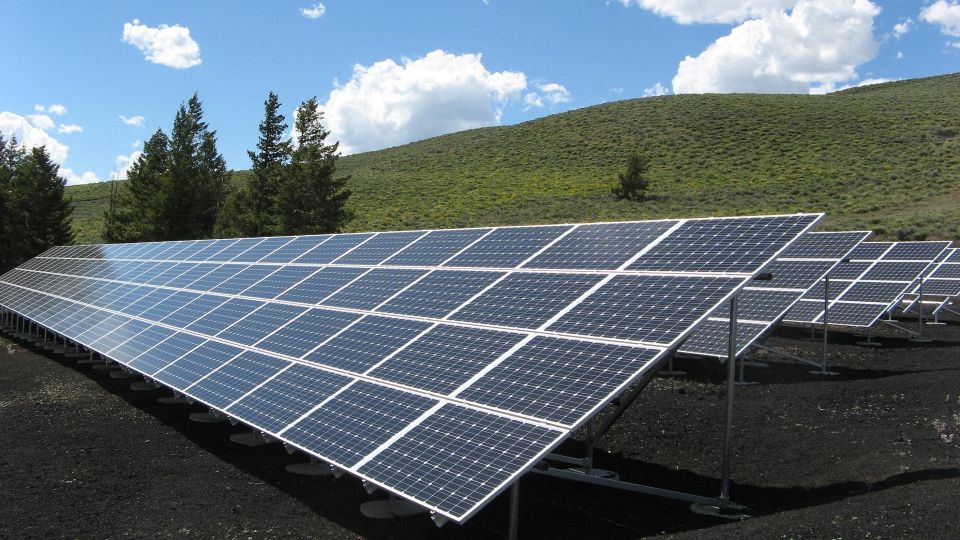
What is the efficiency of a solar panel?
The efficiency of a solar panel is the amount of sunlight that it can turn into useful power. The more energy a solar panel can generate, the better its efficacy. The effectiveness of solar panels is stated as a percentage, with the most efficient panels having an efficiency of around 20%.
How is Efficiency Determined?
The normal “STC” test, which stands for normal Test Conditions, is used to determine efficiency. This test determines how much energy a solar panel can generate under certain circumstances, such as a temperature of 25°C and a sun irradiance of 1000 watts per square meter. After that, the efficacy is determined by dividing the amount of energy generated by the amount of sunshine that strikes the solar panel.
Old vs. New Models of Solar Panels
Older solar panel models are usually less efficient than newer versions. Older versions, for example, may have an efficiency rating of 15%, whereas later models may have an efficiency rating of up to 22%. This means that newer versions can generate more energy with the same quantity of sunlight, making them more cost-effective over time.
Finally, when selecting a solar panel, efficiency is an essential element to consider. When it comes to investing in solar energy, you can make an educated choice by knowing how efficiency is determined and the differences between ancient and new solar panel models.
Factors That Affect Solar Panel Efficiency
Solar panels are a common and efficient method of producing sustainable energy. However, there are a number of variables that can impair their effectiveness. In this piece, we will delve deeply into these factors and explore how they affect solar panel efficiency.
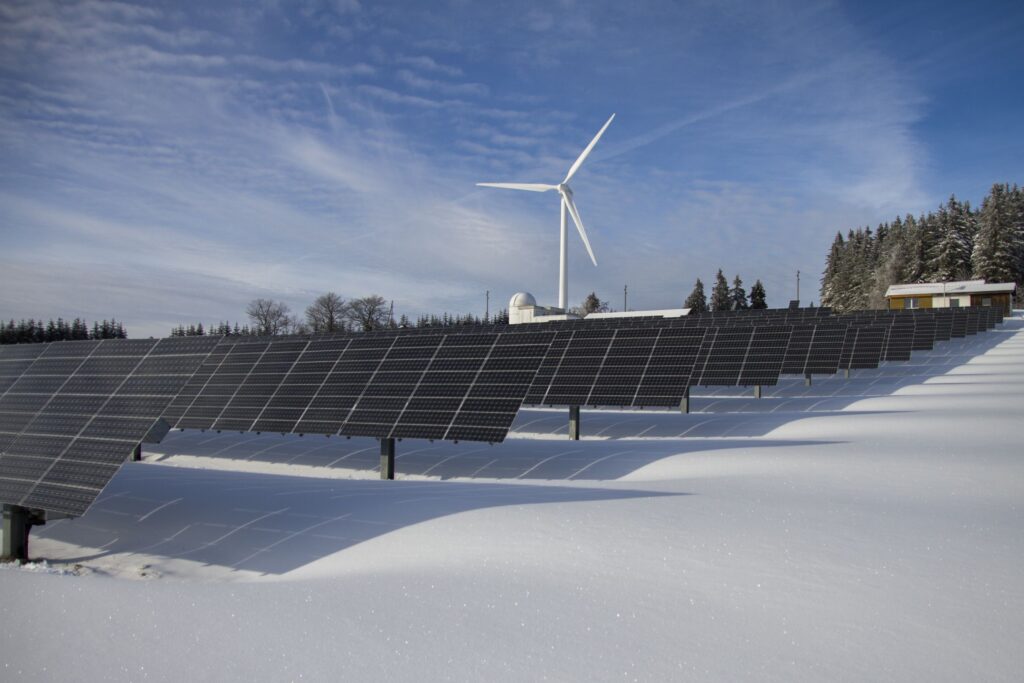
Temperature
One of the most important elements influencing solar panel effectiveness is temperature. Solar screens generate energy by converting sunlight, and as the temperature rises, the effectiveness of this process diminishes. This is due to the fact that the materials used in solar cells are temperature sensitive, and high temps can cause them to degrade over time.
Shading
Another element that can have a major effect on the efficiency of solar panels is shading. When solar cells are shaded, they receive less sunlight and produce less energy. This is due to the fact that shading can cause a decrease in voltage, reducing the amount of electricity that the solar panel can generate.
Solar Panel Angle and Direction
The angle and orientation of the solar panel are also important factors in its effectiveness. Solar panels perform best when they are pointed straight at the sun, which means they must be placed at the proper angle and orientation. If the angle or orientation is wrong, the solar panel will receive less sunlight, reducing its effectiveness.
Finally, several variables can have an impact on the efficiency of solar cells. When placing solar panels, temperature, shading, and the angle and direction of the solar panel are all important variables to consider. Understanding these variables and taking measures to minimize their effect will allow you to ensure that your solar panels are as efficient as possible and that you produce the most green energy possible.
How to Choose the Right Solar Panel for Your Needs
There are several elements to consider when selecting the best solar panel for your requirements. Your climate is one of the most significant variables. If you reside in a sunny region, you may be able to get away with a less effective solar panel. If you reside in a less sunny location, you will need a more efficient solar panel to produce enough electricity.
Another thing to think about is your electricity requirements. If you have a big home or use a lot of energy, a larger solar panel setup will be required to satisfy your requirements. However, if your house is smaller or you use less energy, you may be able to get away with a smaller solar panel setup.
When selecting a solar panel, it is critical to strike an equilibrium between efficiency and expense. A more effective solar panel will produce more energy, but it will also be more costly. It is critical to consider your income and the amount of money you are prepared to spend on a solar panel system.
There are numerous resources accessible to assist you in evaluating various kinds of solar panels. The National Renewable Energy Laboratory (NREL) offers data on the efficiency and expense of various solar panel varieties. In addition, the Solar Energy Industries Association (SEIA) offers information on solar panel manufacturers and their goods.
Finally, selecting the best solar panel for your purposes necessitates careful evaluation of several variables, including your climate, energy requirements, and budget. You can make an educated choice and select the solar panel that is appropriate for you by balancing efficiency with cost and employing available resources.
Conclusion
Finally, this piece has emphasized the significance of knowing solar panel efficiency for anyone interested in solar energy. We’ve talked about the major variables that influence solar panel effectiveness, such as weather, shading, and the sort of solar panel used. Investing in high-efficiency solar panels can clearly increase the amount of energy produced while also saving money in the long term. As the world shifts toward sustainable energy sources, understanding the science behind solar panels and how to optimize their effectiveness is critical. We can all help to a more secure future by doing so.


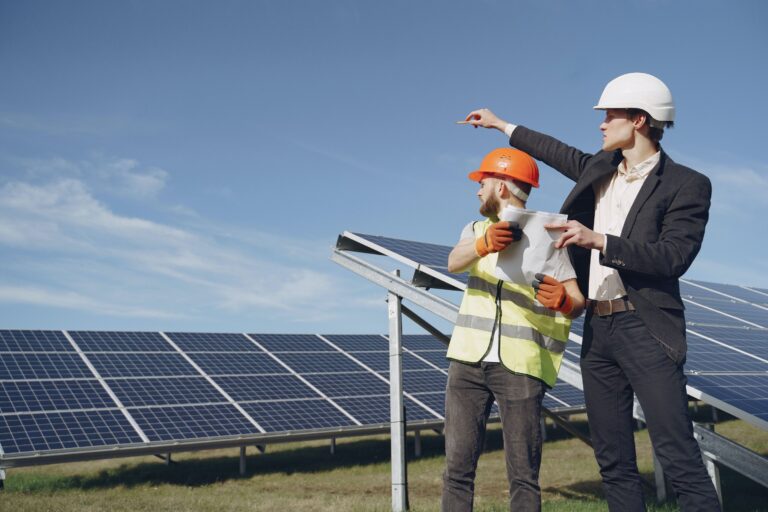
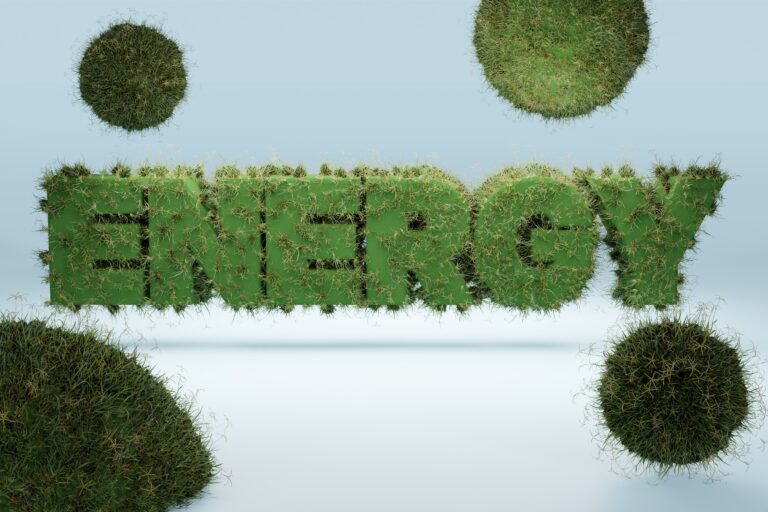
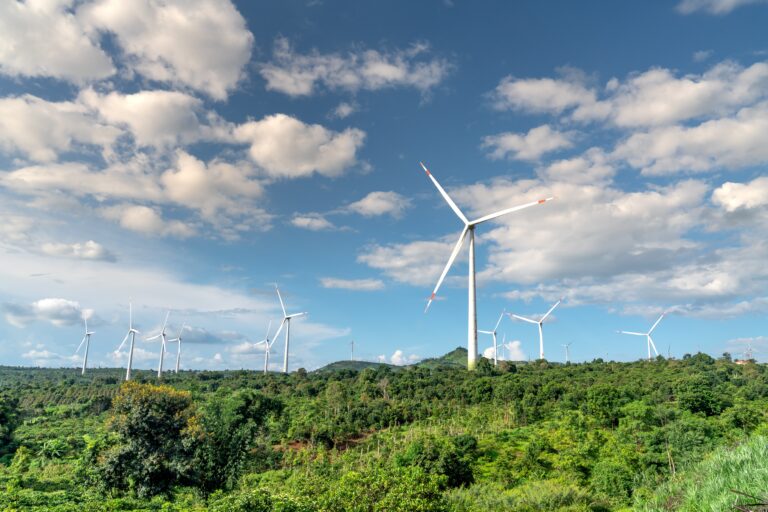
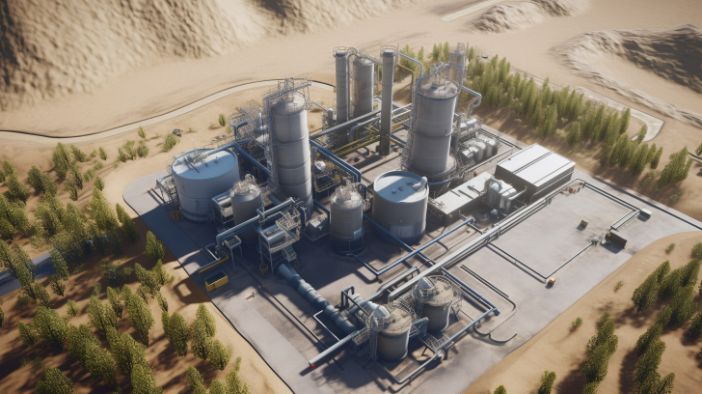
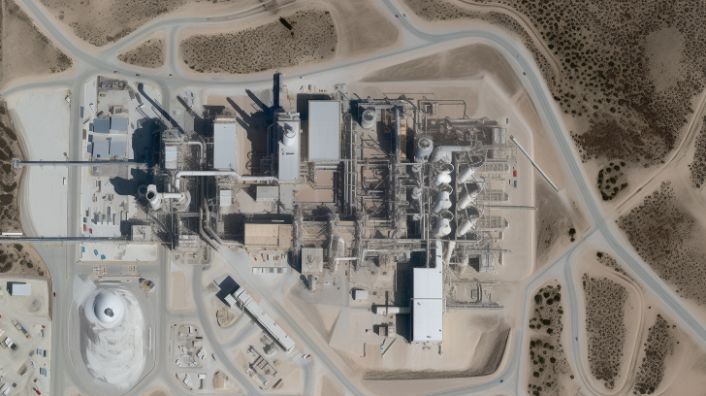
2 Comments